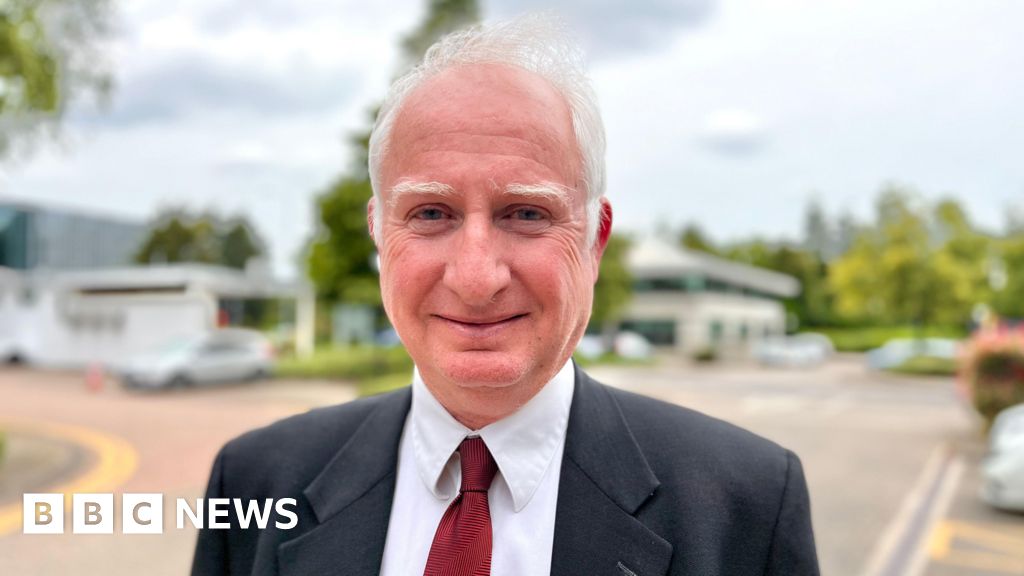ARTICLE AD BOX
Watch: The chancellor opens his Autumn Statement with priorities of "stability, growth and public services"
By Joshua Nevett
BBC Politics
Chancellor Jeremy Hunt has announced deep spending cuts and tax rises in an autumn statement he said was "fair" and would restore market confidence shaken by his predecessor's mini-budget.
He said about half of his £55bn "plan for stability" would come from tax rises, and the rest from spending cuts.
Mr Hunt said the UK was "now in recession" but insisted his plan would mean a "shallower downturn".
He said "difficult decisions" were necessary to "rebuild our economy".
Responding to Mr Hunt, Labour's shadow chancellor, Rachel Reeves, said the UK was being held back by "12 years of Conservative economic failure".
"Never again can the Conservatives be seen as the party of economic competence," she said.
In a statement to MPs lasting just under an hour, the chancellor said income tax thresholds would be frozen until April 2028, which means millions of people will pay more tax.
"I have tried to be fair by following two broad principles: firstly, we ask those with more to contribute more; and secondly, we avoid the tax rises that most damage growth," he said.
On public spending, he said department budgets would face real-terms cuts because of inflation and pressure on public sector wages.
Mr Hunt told MPs "this is a balanced path to stability: tackling the inflation to reduce the cost of living and protect pensioner savings whilst supporting the economy on a path to sustainable growth".
The autumn statement is a crucial test of confidence in Prime Minister Rishi Sunak, whose ruling Conservative Party is lagging far behind Labour in the opinion polls.
It comes 55 days after his predecessor, Kwasi Kwarteng, touted a "new era for Britain", unveiling the biggest package of tax cuts in decades.
The so-called mini-budget included about £45bn of unfunded tax cuts and was followed by days of market turbulence, a fall in the value of the pound and rising UK government borrowing costs.
In his statement, Mr Hunt said: "I understand the motivation of my predecessor's mini-budget and he was correct to identify growth as a priority. But unfunded tax cuts are as risky as unfunded spending."

 2 years ago
20
2 years ago
20








 English (US)
English (US)